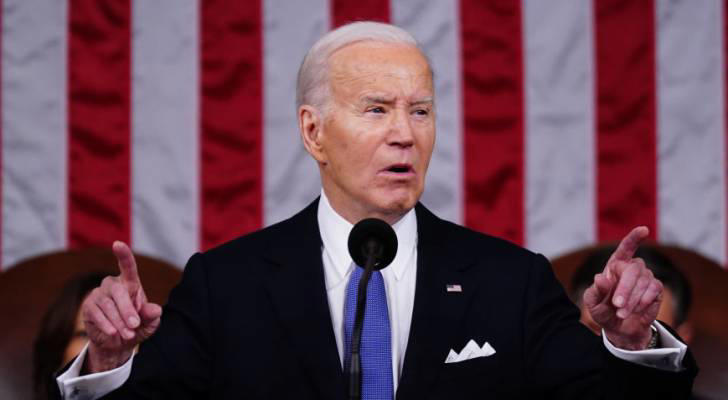President Joe Biden’s recently unveiled federal budget proposal, following his State of the Union address, has sparked heated debates over tax policy in Washington. The $7.3 trillion budget blueprint for fiscal year 2025 outlines significant tax reforms aimed at redistributing wealth and funding key initiatives.
One of the most contentious aspects of the proposal is the plan to increase taxes on the wealthiest Americans and large corporations while offering tax cuts for working families. Under this plan, individuals earning over $1 million annually would face a substantial hike in the federal tax rate on capital gains, which includes profits from the sale of assets like stocks, cryptocurrencies, and real estate. The proposed rate of 44.6% for high-income earners would nearly double the current rate, potentially impacting investment strategies and wealth accumulation for affluent individuals.
Additionally, the Biden administration aims to strengthen the Medicare program by raising the Medicare tax rate for high-income earners from 3.8% to 5%. Coupled with the proposed increase in the capital gains tax rate, this would result in a federal tax rate of 44.6% on investment income and other earnings for individuals earning over $1 million.
Another significant proposal is the introduction of taxes on unrealized capital gains at death, effectively ending the current tax benefit that allows such gains to go untaxed when passed on to heirs. This “second death tax” would require estates to pay taxes on unrealized appreciation above a specified exemption threshold, potentially impacting estate planning and intergenerational wealth transfer strategies.
While the Biden administration argues that these tax reforms are necessary to reduce deficits and promote economic equity, critics, particularly Republicans, have raised concerns about the potential negative impact on economic growth, competitiveness, and investment incentives. House Speaker Mike Johnson has labeled the budget proposal as reckless spending, signaling likely resistance from the Republican-controlled House.
As the budget proposal moves to Congress for negotiation and approval, it is expected to undergo significant revisions, with the fate of many tax provisions remaining uncertain amidst partisan divisions. The outcome of these deliberations will shape the future landscape of taxation and economic policy in the United States.
